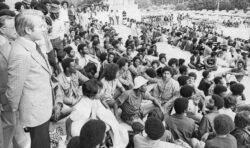History
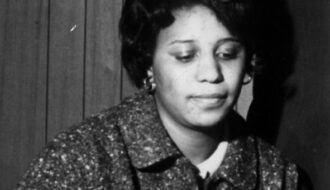
Oretha Castle Haley
Oretha Castle Haley defied rigid southern gender and racial constructs to become one of Louisiana's leading civil rights, women's rights, and human rights activists.

Oretha Castle Haley defied rigid southern gender and racial constructs to become one of Louisiana's leading civil rights, women's rights, and human rights activists.
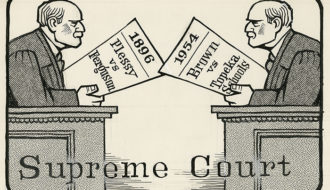
A US Supreme Court decision handed down in 1896 enacted “separate but equal” as the law of the land, a doctrine of racial segregation that lasted nearly six decades.

One of Louisiana’s most famous legal cases, Plessy v. Ferguson joins Dred Scott v. Sanford (1857) and Brown v. Board of Education of Topeka, Kansas (1954) as key rulings on the US civil rights timeline.
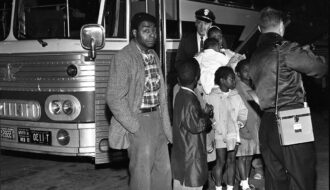
In 1962 and 1963 white Citizens’ Councils organized “Reverse Freedom Rides,” parodying the Civil Rights Movement’s Freedom Rides by providing one-way tickets for Black Americans to northern and western cities.
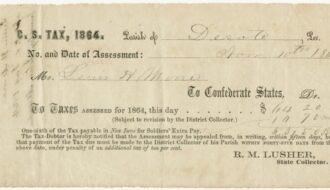
Confederate official and Reconstruction-era Superintendent of Education for the State of Louisiana
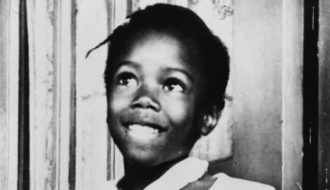
Ruby Bridges, along with Leona Tate, Gail Etienne, and Tessie Prevost, was one of the first Black students to desegregate an all-white public school in New Orleans.

Ruby Bridges, one of four African American girls to integrate the New Orleans public school system in 1960, came to symbolize the innocence and bravery of the children involved in the effort.
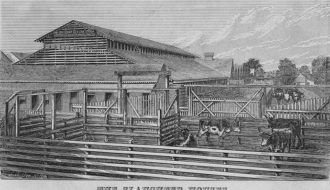
The US Supreme Court ruling in the Slaughterhouse Case was the first interpretation of the Fourteenth Amendment by the high court and resulted in diminished civil rights protection for citizens.
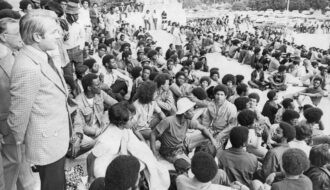
Students United was a student-led campus movement that advocated for student concerns at Southern University.
One-Year Subscription (4 issues) : $25.00
Two-Year Subscription (8 issues) : $40.00
